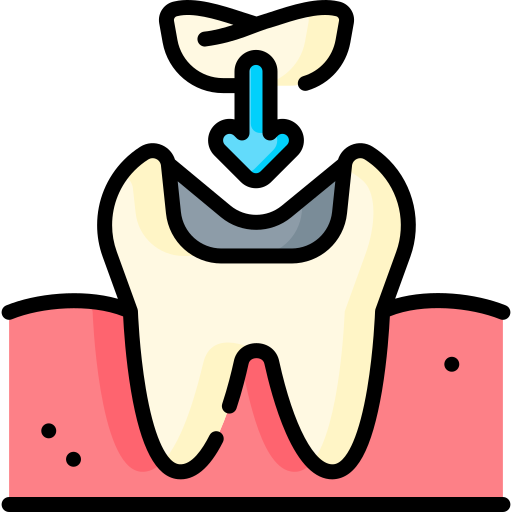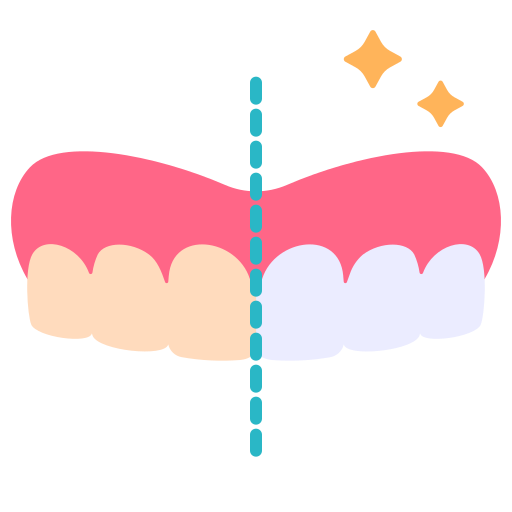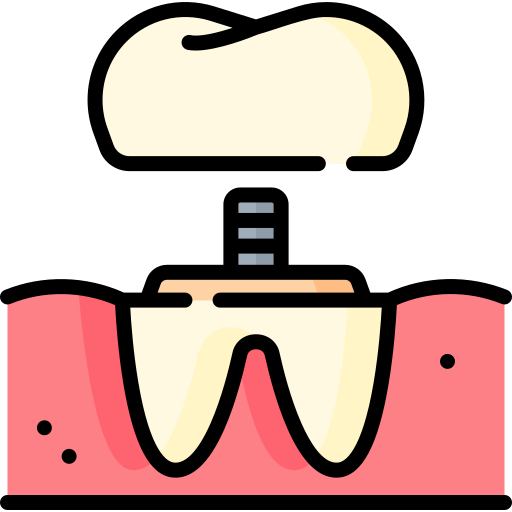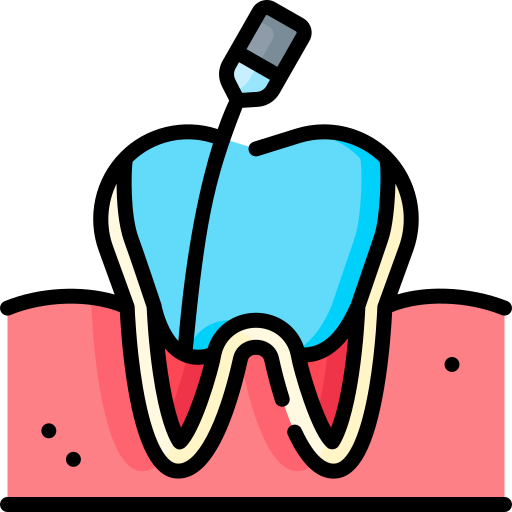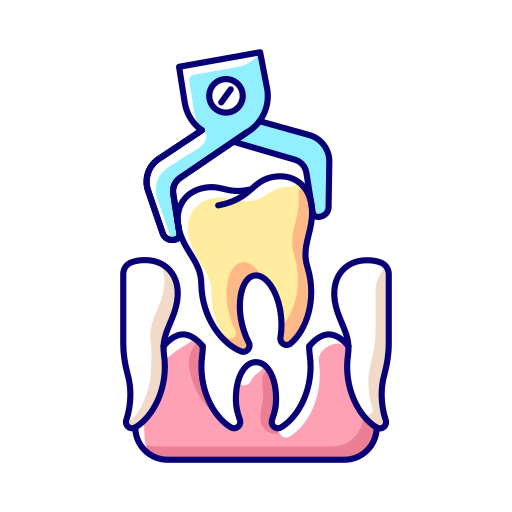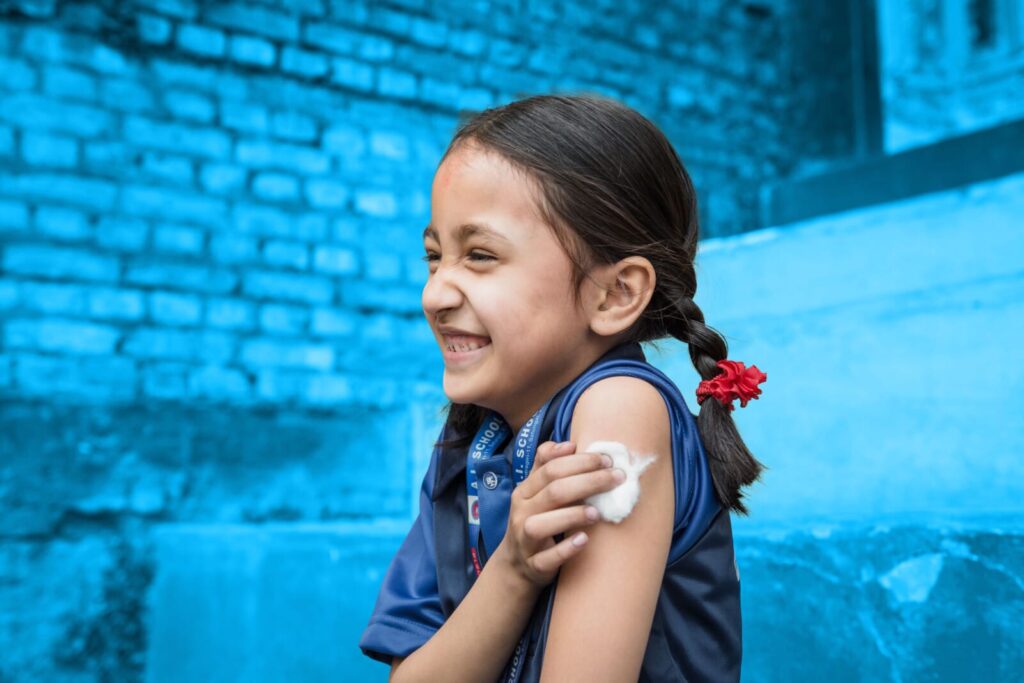
Immunizations
Pediatric hospitals offer immunizations to protect children against various diseases, including measles, mumps, rubella, polio, hepatitis, influenza, and more. They follow the recommended vaccination schedules to ensure children are adequately protected.
National Immunization Schedule
At Kiaan Children Hospital, we understand the significance of immunization in protecting against infectious diseases. Immunization entails the administration of vaccines, which work to provide immunity and resistance against these diseases. By stimulating the body’s immune system, vaccines empower individuals to shield themselves from potential infections and diseases, ensuring their long-term health and well-being. We prioritize offering comprehensive immunization services to help children build a strong defense against preventable illnesses.
At Kiaan Children Hospital, we recognize that immunization is not only a fundamental requirement but also one of the most vital and cost-effective strategies for safeguarding children against sicknesses and disabilities. We prioritize immunization as a basic necessity for every child, as it plays a crucial role in preventing childhood illnesses. By providing comprehensive immunization services, we aim to ensure the well-being and long-term health of all children in our care.
Vaccine for the following:
- For Pregnant Women
- For Infants
- For Children and adolescents
Pediatric
OPD Timing
Monday – Friday 8.00 – 18.00
Saturday 9.00 – 17.00
Sunday 9.00 – 15.00
Follow The Kiaan Children Hospital Vaccination Schedule

6 Weeks
- DTap/DTwP1****
- IPV 1*****
- HIB 1
- HepB2
- Rota 1
- PCV 1

10 Weeks
- DTap/DTwP2****
- IPV 2*****
- HIB 2
- PCV 2
- Rota 2
- Hep B3

14 weeks
- DTap/DTwP3****
- IPV 3*****
- HIB 3
- PCV 3
- Rota 3
- Hep B4

6 Months
- Influenza vaccine 1
- Typhoid conjugated vaccine

7 Months
- Influenza vaccine 2

9 Month
- MMR1
- Menningococcal vaccine 1

12 Months
- HEP A1
- Meningococcal vaccine 2

15 Months
- MMR 2
- Vercella 1
- PCV B

16-18 Months
- DTaP/DTwP B1
- HIB B1
- IPV B1

18-24 Months
- Hep A2^
- Vericella 2

4-6 Years
- DTap/DTwP B2
- IPVB 2
- MMR 3

9-14 Years
- HPVb 1,2
- Tdapa

15-18 Years
- HPV 1,2,3
FAQ?
Vaccines are probably the most useful and cost-effective public health tools known to mankind for preventing diseases. Vaccines are complex biologic agents which give you immunity against a particular disease without you getting sick first. They contain either the weakened disease-causing germs, which are either killed, attenuated, or a part of this disease-causing germ. Apart from the antigen, vaccines also contain some other components such as adjuvants which increase the potency of a vaccine, stabilizers which increase the stability of a vaccine and additives which are added during the manufacturing process.
Remember that investing money in vaccination is a much wiser decision than spending money on readymade baby foods. Once a child suffers from an infection, parents not only have to spend a huge amount in treatment, there is also loss on a number of school days, abstinence in work by parents and other social issues. And due to the emergence of antimicrobial resistance and other cause, we cannot guarantee successful treatment too for all infections.
Whenever any disease-causing germ enters our body for the first time,three steps happen:
1. Our body recognizes the germ as a foreign invader.
2. Our body’s immune system gets activated, which by producing antibodies tries to kill or inactivate the germ. These protective mechanisms help us in recovering from the disease (sickness) caused by these germs.
3. Once our body recognizes the germ as a foreign invader, it remembers this information. Hence, when the same germ tries to invade our body for the second time, our body starts producing antibodies immediately and prevents us from becoming sick.This is called as “immune memory”. During vaccination, the first step is replaced by the vaccine instead of the germ and immune memory follows. Vaccines make our body competent enough to produce immunity (antibodies) against germs without causing a disease (sickness) in them. This immunity helps us from getting the disease when we are exposed to the disease-causing germ.
- There are vaccination schedules available in every country depending upon the need and timing of various vaccines for that population. This depends on the disease burden, availability of safe and effective vaccines, and the cost and logistics. The “schedule” tells you agewise, which vaccines you need to give to your child. Lot of efforts are put in preparing these immunization schedules, considering various factors including the earliest age at which a particular vaccine is safe and effective.Often, in an Immunization schedule multiple vaccines are administered together to reduce the number of pricks and number of visits. Lot of experts put their minds regularly to update these schedules.
Most of the vaccines are given by injection, but not all. There are some like polio, cholera, and rotavirus vaccines which are given as oral drops. Some vaccinessuch as influenza vaccines are given as a nasal spray. Though there are vaccinations for almost 20 diseases, it does not mean giving 20 times.Many vaccines are given as combination vaccines.Vaccines against diphtheria,tetanus, whooping cough,hepatitis, H. influenza, and polio come as a single injection. Currently, a lot of researches are being focused on improving delivery methods of vaccines and minimizing pain caused by injections.
There are certain vaccines, which have capability to provide lifelong protection. But the decisions about giving number of doses of a particular vaccine depend on many factors such as type of vaccine used, specific disease epidemiology in a country, etc.Repeated doses are often required in cases of inactivated vaccines,where immunity builds in phases and each dose mounts a more powerful immune response from the previous.
Hence, for most inactivated vaccines, multiple doses are necessary to confer longlasting protection.
In contrast, live vaccines produce a strong immune response even with one dose, but in a few live vaccines a second dose is given as some children may not take up the
first dose (poor uptake).
Please take your babies vaccination record along with you.
Inform the doctor whether he had any problems after vaccination, in past.
Inform the doctor whether your child has any allergies.
If your child has any prolonged illness, inform the doctor about it.
Ask the doctor whether your child could have some discomfort or fever after this vaccination.
Vaccine visits are usually well baby visits; please voice your concerns regarding your baby’s nutrition or growth.
Your doctor may ask you to wait for 30 minutes after vaccination. This is to observe the child for any immediate reactions.
Do not use the doctor’s visit or discipline a child. Make efforts to make the visit as comfortable as possible.
Local reactions such as redness at injection site, mild fever and pain at injection site can occur which is usually short lasting.
You can continue to breastfeed or give complementary feeds even after vaccination.
Please contact the doctor if your child has:
• High fever after vaccination.
• If your baby turns unresponsive or limp.This is rare.
• If your baby continuously cries for >3 hours and is inconsolable.
• If your baby has convulsions.













